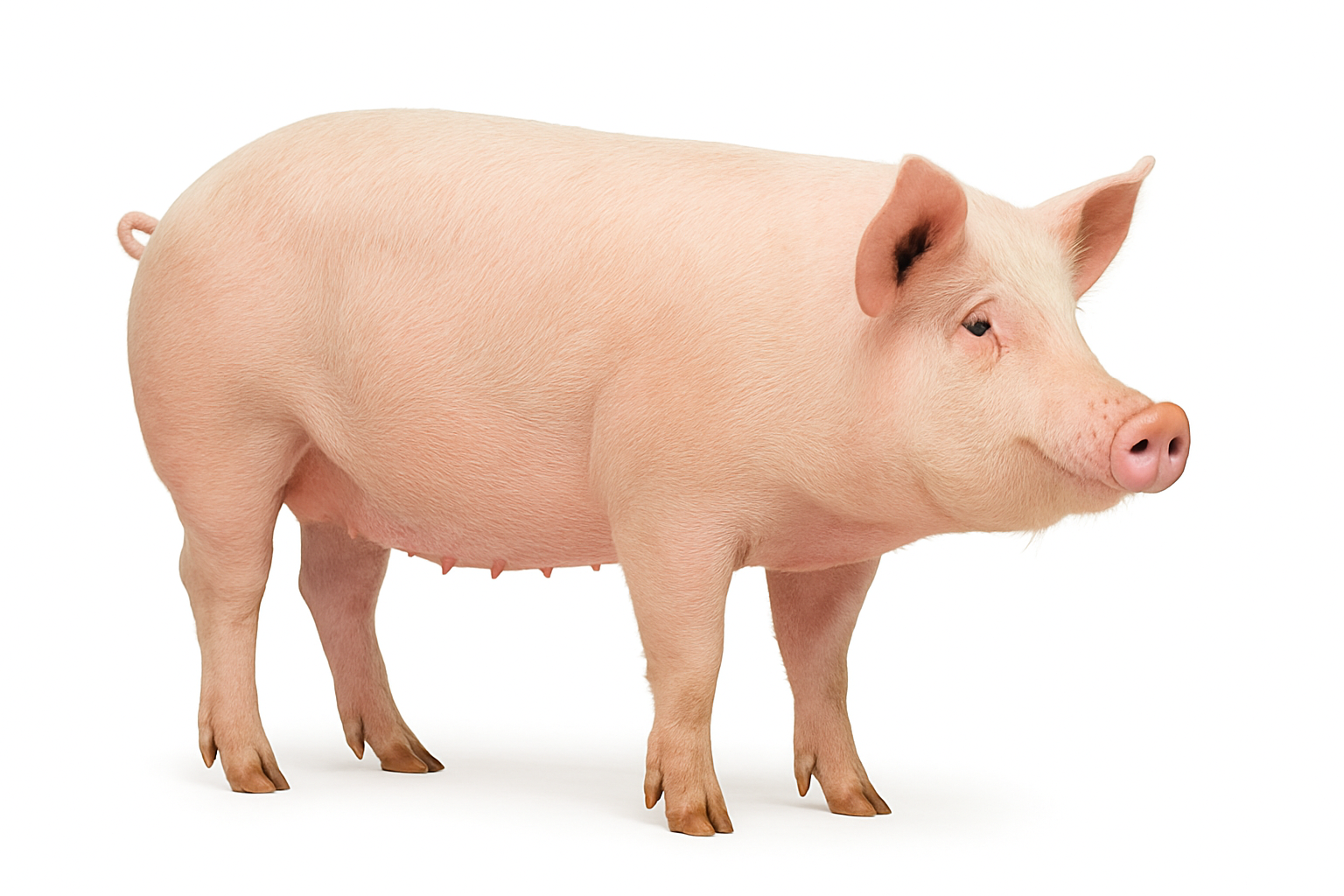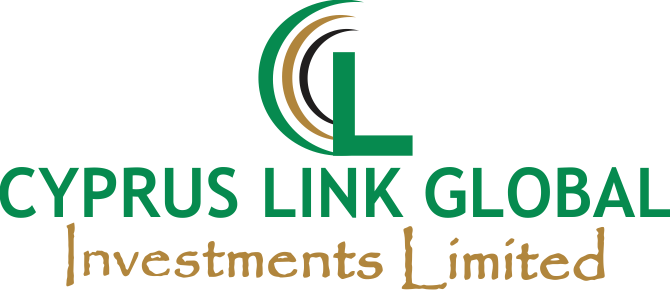Blog
Live Pigs and Piglets for Export: What International Buyers Should Know

Introduction
International demand for live pigs and piglets from Africa has been steadily growing, with Nigeria emerging as one of the continent’s leading suppliers. For restaurants, farms, and meat processors abroad, sourcing healthy live pigs or high-quality piglets is essential for ensuring production efficiency, animal welfare, and consistent returns. CyprusLinkGlobal helps bridge this gap by connecting international buyers with trusted Nigerian pig farmers. In this post, we’ll outline what you need to know before purchasing live pigs or piglets for export.
1. Understand the Source and Breed
When importing live pigs or piglets from Africa, the breed and origin matter. Nigerian pig farms supply hardy local breeds as well as crossbreeds adapted for meat production. Buyers should check:
- Breed suitability: Whether the pigs are for breeding, fattening, or direct slaughter.
- Farm practices: Animal welfare, housing, and feeding regimes significantly influence health and growth.
- Traceability: Reliable suppliers provide clear documentation showing the farm of origin, veterinary history, and feed quality.
CyprusLinkGlobal works with vetted farms to ensure all pigs and piglets meet export-grade standards.
2. Health Certification and Veterinary Records
Healthy animals are non-negotiable in international trade. Before any live pig or piglet leaves Nigeria, it must undergo veterinary inspection. This includes:
- Vaccinations for common diseases such as swine fever.
- Health certificates issued by certified veterinary authorities.
- Quarantine requirements for certain destination countries.
Buyers should request full health records upfront. A reputable exporter like CyprusLinkGlobal streamlines this process, ensuring all paperwork meets the importing country’s regulations.
3. Age and Weight Classifications
Knowing the age and weight of pigs or piglets helps buyers plan costs, logistics, and breeding programs. Common classifications include:
- Weaner piglets (recently weaned, typically 6–8 weeks old, 8–15 kg).
- Grower pigs (3–5 months old, 25–50 kg).
- Fatteners or finishers (6+ months old, 70–120 kg).
CyprusLinkGlobal offers a transparent breakdown of live pigs and piglets by weight, making it easier for international buyers to choose the right stock for their needs.
4. Transport and Welfare During Export
Live animal transport is highly regulated. Stress-free handling improves survival rates and meat quality. Look for an exporter that:
- Uses climate-controlled trucks and holding pens before shipment.
- Complies with international welfare standards during transit.
- Works with experienced logistics partners to reduce travel time.
CyprusLinkGlobal coordinates both air and sea shipments for live pigs and piglets to ensure they arrive healthy and unstressed.
5. Legal and Regulatory Compliance
Importing live pigs from Nigeria requires knowledge of local and international regulations. These typically include:
- Import permits from the destination country.
- Animal welfare and biosecurity protocols at ports of entry.
- Customs clearance and duty calculations.
Professional exporters provide guidance to buyers so all documentation is accurate and on time. CyprusLinkGlobal’s export team helps clients navigate this process seamlessly.
6. Advantages of Buying from Nigeria
Nigeria’s pig industry benefits from:
- Lower production costs: Competitive prices compared to Europe or North America.
- Hardy breeds: Adapted to a variety of climates.
- Experienced farmers: Many farms specialize in breeding for export.
With these advantages, international buyers can source healthy animals at attractive prices while supporting sustainable agricultural practices.
7. Why Choose CyprusLinkGlobal as Your Export Partner
As a trusted partner in global agro-export, CyprusLinkGlobal ensures:
- Access to pre-vetted farms and breeders.
- Health-certified pigs and piglets ready for shipment.
- Custom-tailored export solutions, including transport, documentation, and after-sales support.
This full-service approach gives international buyers peace of mind that they’re working with a reliable, professional supplier.
Conclusion
Buying live pigs and piglets from Nigeria can be a profitable and reliable option for farms, processors, and businesses worldwide, if done correctly. By verifying breeds, ensuring veterinary health certification, choosing the right weight class, and working with experienced exporters like CyprusLinkGlobal, international buyers can secure healthy animals that meet their production goals.
With the right partner, sourcing live pigs and piglets from Africa doesn’t just become easier, it becomes an opportunity to build long-term, sustainable supply chains.
